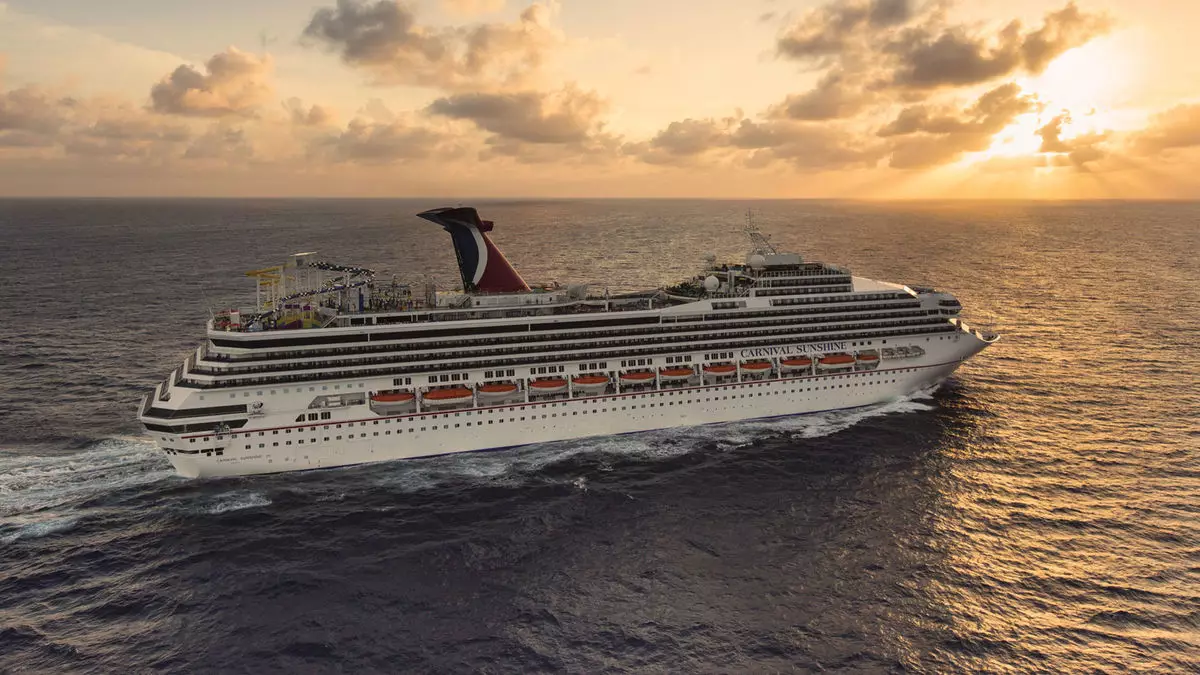The recent detention of Carnival Cruise Line crew members in Norfolk, Virginia, highlights more than just allegations; it exposes a complex web of human stories often overshadowed by headlines. Media reports and advocacy groups portray these workers as victims of unjust treatment, emphasizing the absence of criminal charges against them. This raises a critical question: Are these detentions a reflection of genuine security concerns, or are they a depiction of systemic biases that target migrant workers under the guise of law enforcement? When the narratives focus predominantly on accusations—such as child pornography—without transparent evidence or legal proceedings, it fuels suspicion that economic and political factors may be at play. The image painted by the advocacy group Pilipino Workers Center suggests an industry that uses law enforcement as a tool for economic exclusion, attempting to justify deportation and marginalization of hardworking migrants. This perspective challenges us to examine the broader implications of such detentions on the dignity and rights of migrant workers.
The Ethical Dilemma of Corporate Responsibility and Public Relations
Carnival Cruise Line’s official response underscores a typical stance: cooperation with law enforcement and commitment to training. However, this response superficially glosses over the deeper questions about corporate responsibility. The cruise industry, with its significant economic influence, benefits from a globalized, diverse workforce. Yet, when allegations surface, companies often distance themselves with vague statements, possibly prioritizing brand image over genuine concern for their employees’ welfare. Holding a rally with signs like “Shame on Carnival for not protecting crew” signals a stark disconnect between corporate messaging and the lived reality of these workers. Are cruise lines doing enough beyond mere compliance? Or are they using public relations strategies to mitigate damage while remaining silent on systemic issues? The situation prompts a reevaluation: real accountability requires transparency, comprehensive support systems, and a genuine commitment to safeguarding the rights of vulnerable workers.
Systemic Flaws and the Broader Impact
The broader scope of this crisis extends beyond Carnival. Other cruise ships traversing the Great Lakes have faced similar incidents, involving crew members detained under suspicion but not necessarily charged. This pattern suggests a systemic vulnerability within the cruise industry’s employment practices and oversight mechanisms. Migrant workers, often holding visas that restrict their rights, become easy targets amidst accusations of misconduct, regardless of evidence. Such practices risk perpetuating a cycle of exploitation and marginalization, with law enforcement serving as an arbiter rather than a fair investigator. Furthermore, the displacement of crew from multiple ships points to a fragile industry where workers’ lives are overlooked in favor of operational continuity. Recognizing these systemic flaws urges industry stakeholders and policymakers to rethink safety protocols, oversight, and the ethical treatment of migrant professionals who underpin this global hospitality sector. Only through a holistic approach can we ensure that justice isn’t just a word used to placate public outrage but a reality secured for every worker.

